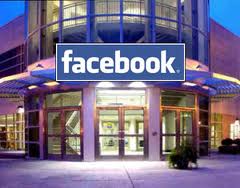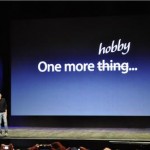 A few blogs are reporting about Strategy Analytics’ recent claim:
A few blogs are reporting about Strategy Analytics’ recent claim:
Strategy Analytics projects that the market will reach almost 12 million units globally this year, with Apple alone predicted to sell nearly four million devices.
Wow. Pretty bold claim. Let’s deconstruct it. Let’s assume it’s a correct prediction:
AppleTV will sell 4 million units, leaving ~8 million for “the rest”.
Here are “the rest”: Roku, Western Digital, D-Link (Boxee), and… er… I don’t know, how about Logitech? Maybe a few other smaller players, but nothing you and I are buying in a Best Buy, Target, Walmart or Amazon – the only places that matter at all for moving these kinds of numbers. Yes, there are some other odds and ends in the bizarre category known as Internet Set Top Boxes, but they aren’t mustering up sufficient sales to count here.
Roku: I’ve heard all sorts of things, but lets use publicly available information: as of last January, Roku hit 1 million devices sold. I’ll assume they’ve at least doubled that in 2011, possibly as much as tripled, due to new products, more viability, and lower prices. That said, they are now up against an ever-improving AppleTV product. Even so, let’s assume they can hold pace against the world’s largest marketing machine for digital lifestyle products, and sell another 3 million units in 2012.
Western Digital: You probably haven’t heard of it, but that little gadget your buddy has for watching photos on his TV is called the WDTV Live, and they’ve sold somewhere in the 1-3 million unit range (I know that’s a big range, but it seems pretty fair based on some poking around). Not a bad showing for a company known for making hard drives. But in the presence of both Apple and Roku, it’s a pretty fair bet that they aren’t edging out of third place for future market share. I’ll again be kind with 1.5 million units sold in 2012.
D-Link (Boxee Box): Disclosure: I was a core part of the launch teams for both Boxee and the Boxee Box by D-Link, and wish to see them extremely successful, though I am no longer professionally engaged with either company in any way. And that said, I don’t think they’re anywhere close in numbers yet, and don’t see them hitting the million unit mark any time soon (specifically in regards to unit sales, this has nothing to do with downloads, active community, or positive thoughts). Optimistic high end prediction in 2012: 750K units.
Logitech: $100 million loss. Let’s move along shall we?
Everyone else: I’ll generously band them all together, and predict they maybe move 500K units.
Unknown entry by traditional consumer electronics brand: Look, anyone can make a media streamer, in fact you can make an adequate one by buying off the shelf parts and licensing open software platforms. But even the formerly mighty Sony and the young stalwart Vizio is going to have a tricky road in getting a product out in this category that doesn’t include a full end-to-end solution. And there just aren’t enough to go around. Maybe Amazon could have some kind of Kindle Fire: Home Media Edition or something, but something tells me they are still getting their feet wet in hardware and aren’t going to jump too rashly into the space (though I’ve been known to be wrong about Amazon and hardware in the past). Top guess: 250K units.
Grand Total Units Sold, Highly Optimistic Prediction Mode: 6 million units. Giving Apple TV, with 4 million sales, a 40% market share. And that’s me being *quite* optimistic, and I’d wager it’s more like a grand total of 4 for the rest. Or less. Giving Apple TV a significantly larger potential – and by the way, it’s not exactly Apple’s strongest product.
This whole story just reminds me of the time when I was reviewing an analyst report for the *exact same space* back in 2003 when we had just shipped the HP Digital Media Receiver (the first mainstream Internet Set Top Box, by the way). This was, by the way, before consumers had Flips or other simple video recording devices, digital cameras were mostly a novelty, and there was no YouTube, Netflix streaming, or pretty much anything else to watch on the darned thing. But still, the potential!
The analyst predicted hundreds of thousands of “streaming video boxes” sold in 2003. The only snag was, we were literally the only game in town, and we had predicted tens of thousands at best. When I spoke with the analysts, they said they predicted several years forward, based on consumer interest, to arrive at several million units a year. Then, they backtracked it into 2003 and, boom, hundreds of thousands. What could possibly go wrong with this kind of logic?










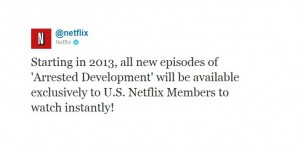
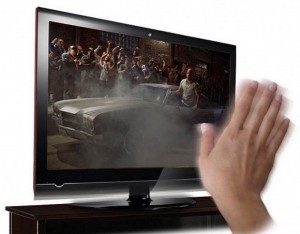
 Last January I wrote a post “
Last January I wrote a post “

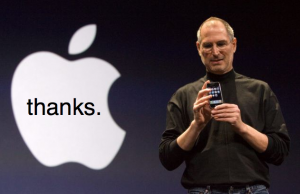 I surprised myself with the emotional reaction to hearing about Steve Jobs’ passing yesterday. I guess I knew it was coming, but having never met the man, didn’t expect to have “a moment” about it. After reading words from
I surprised myself with the emotional reaction to hearing about Steve Jobs’ passing yesterday. I guess I knew it was coming, but having never met the man, didn’t expect to have “a moment” about it. After reading words from 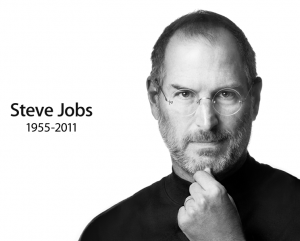




 New Presentation Style
New Presentation Style


